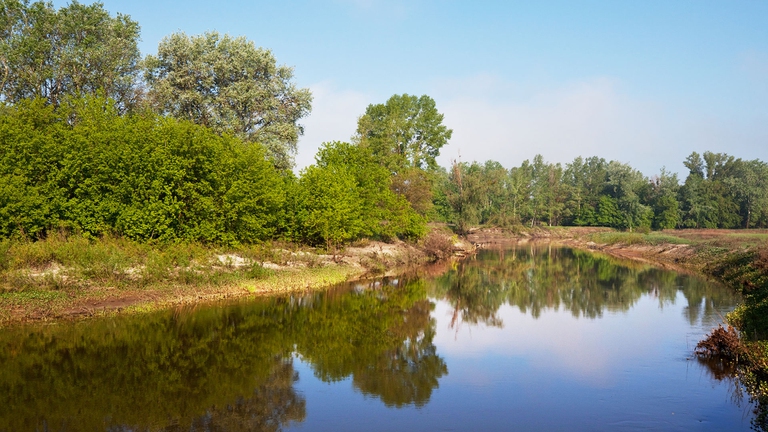https://www.lifegate.it/serbia-litio
- |
- In 2022, Serbia had blocked the “Jadar” lithium mining project after demonstrations by thousands of citizens.
- After a ruling by the Constitutional Court, the government signed a memorandum with the EU on strategic raw materials, reigniting the protests.
In recent years, Serbia has become the center of a environmental and political battle centered on lithium, an essential metal for the production of batteries for electric vehicles and more.This conflict emerged with particular intensity following the presentation of the Jadar project, an ambitious plan developed by the mining company Rio Tinto to extract lithium from jadarite, a mineral present in Serbia in significant quantities.In recent days, thousands of protesters they took to the streets of Belgrade to shout their opposition to the project.

In Serbia there is one of the richest lithium deposits in the world
In 2004, geologists from the Rio Tinto mining group discovered a new mineral, a lithium-sodium borosilicate later called “jadarite” after the Jadar River, a tributary of the Drina.The lithium has become increasingly important in the process energy transition, but its extraction is not free from environmental impacts.The deposit in western Serbia is estimated to be one of the richest in the world, and that the mine could become the largest of its kind in Europe.
But the Jadar project has sparked a wave of protests starting in 2020, when Rio Tinto announced an investment of $450 million to actually start the extraction of the mineral.Environmental concerns related to the potential contamination of water resources and the impact on public health have mobilized thousands of citizens and activists.So much so that in January 2022, public pressure pushed the Serbian government to suspend the company's licenses, apparently putting an end to the project.
In July 2024, the Serbian government decided to reinstate the Jadar project, after the Constitutional Court declared the previous decision to block it unconstitutional.This reignited the protests, with thousands of people once again taking to the streets of Belgrade, shouting slogans such as “Rio Tinto away from Serbia” and calling for a permanent cessation of all lithium mining activities in the country.The situation became even more tense when some protest leaders, such as Aleksandar Matković, have received death threats, fueling fears of growing repression.
Threats of “neocolonialism”
The lithium issue in Serbia it's not just about the environment, but is intertwined with broader questions of national sovereignty and geopolitical relations.The memorandum signed on 19 July between the European Union and the Serbian government for the development and extraction of strategic raw materials is seen by many as a step towards economic integration ever closer with the European Union itself.However, critics such as Matković fear that this could tie Serbia into a relationship of sorts “neocolonial” with Europe, sacrificing the environment and public health on the altar of profit and international politics.
“Any form of pollution that enters the Jadar River reaches much of western Serbia up to Belgrade, and even affects Bosnia and Herzegovina,” he said Serbian activist Iskra Krstić.“Nobody knows in detail the environmental impact of the project, we do not know the technologies that would be used, nor what precautions would be taken to protect the environment and people.And no one knows how much of the mine's profits would remain with Serbia, except that it is very little, no more than four percent according to our mining laws,” Iskra concluded.
Ultimately, the conflict over lithium in Serbia is destined to continue, with implications not only for Europe's energy future, but also for the political and social stability of the Balkan region.The next moves of the Serbian government and the international community will be crucial to determining whether Serbia manages to find a balance between economic development and environmental sustainability, or whether it will continue to be a battleground between conflicting interests.
